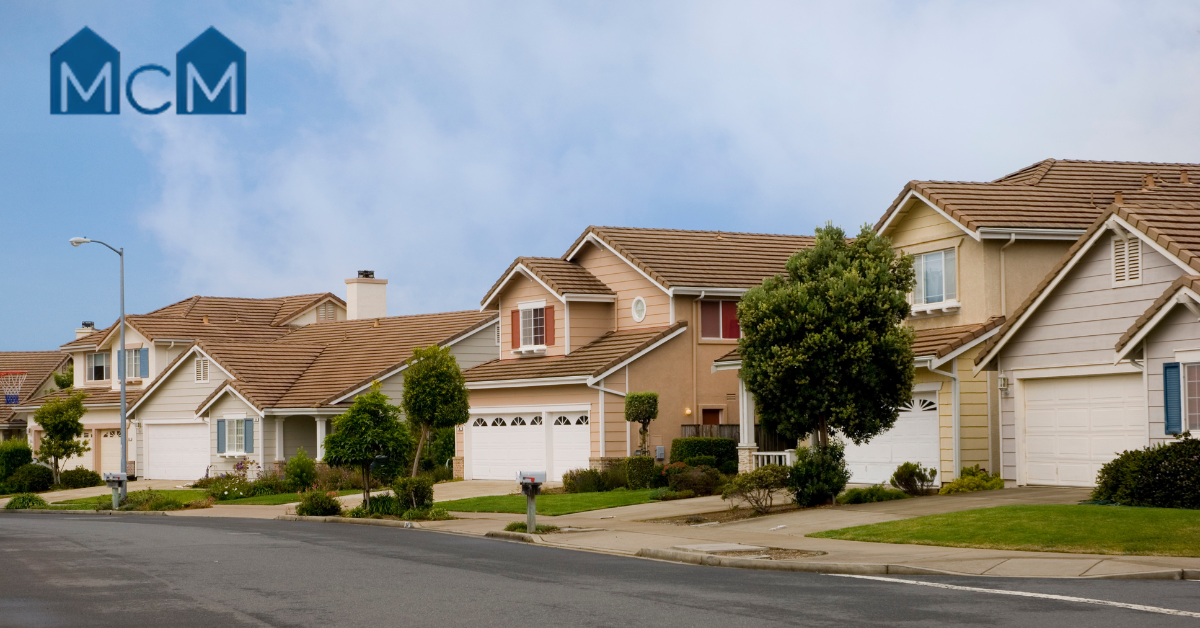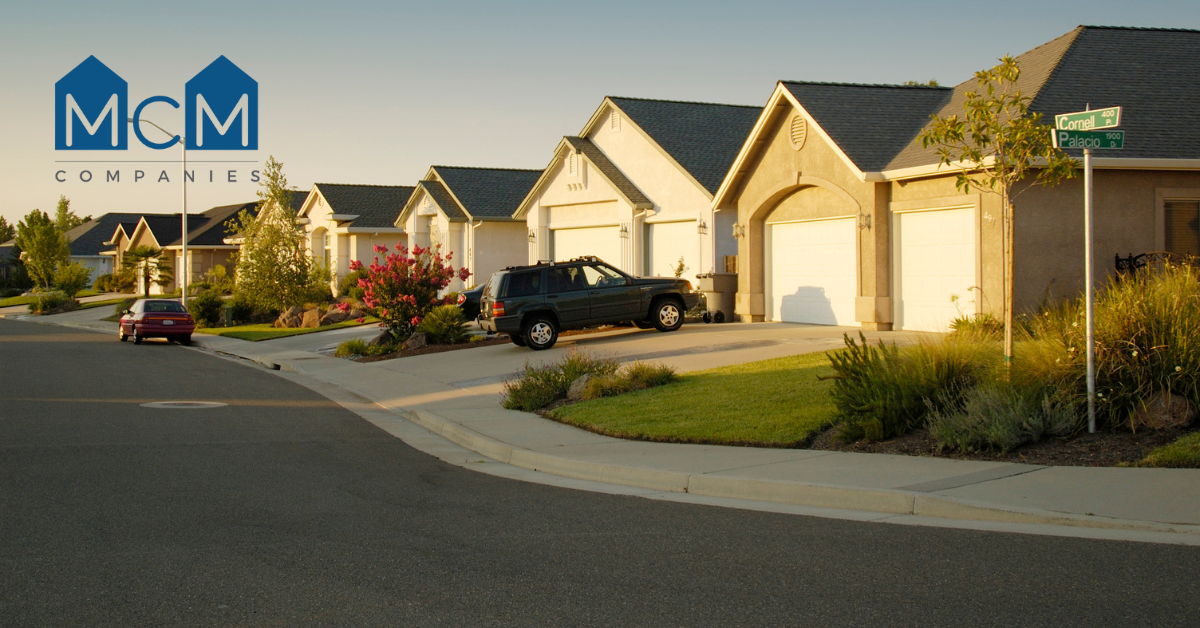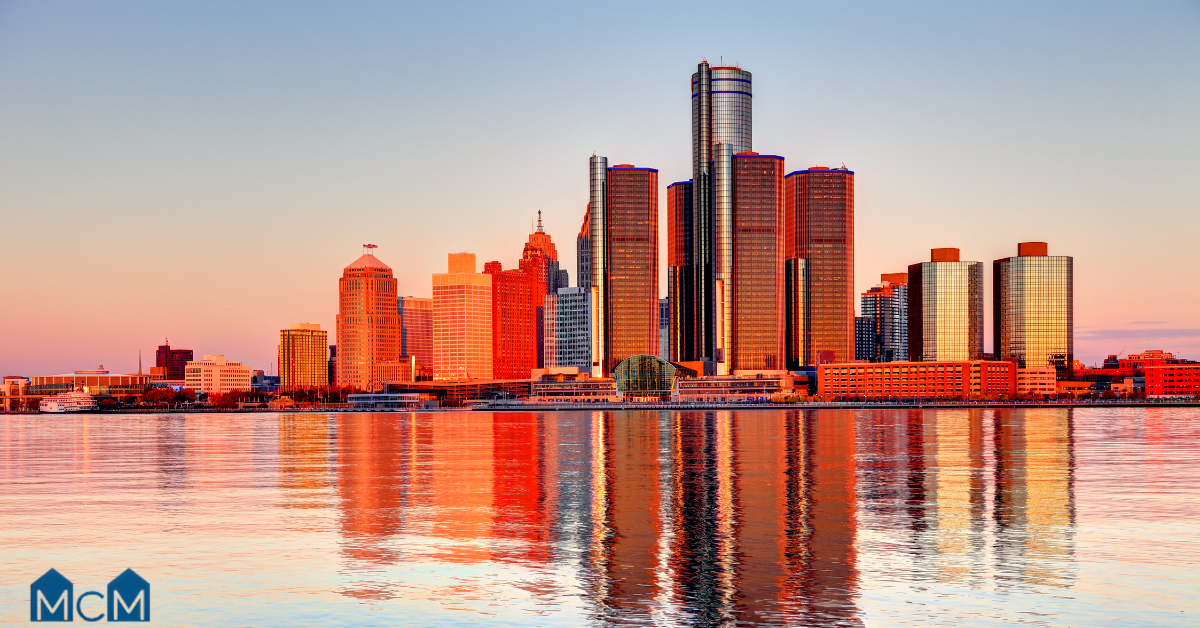The Process of Modular Home Construction: What to Expect


Understanding Modular Home Construction
Modular homes are reshaping the residential construction landscape with their efficiency and innovation. Unlike traditional homes built entirely on-site, modular homes are prefabricated in controlled factory settings and then transported to the construction site, where they are assembled. This method speeds up the construction process and enhances quality control during the build.
The appeal of modular homes lies in their ability to combine time efficiency with cost-effectiveness while not compromising on quality. Modular homes are becoming a formidable option as housing demands evolve and the need for more sustainable building practices increases. They reduce waste and energy consumption during construction, making them a favorite among eco-conscious homeowners.
Preparing for Your Modular Home
Embarking on the journey of constructing a modular home begins with thorough preparation. The groundwork before the construction influences everything from the build time to the project's overall success.
Importance of Site and Foundation Preparation
Choosing the right site is crucial. The land must be properly prepared to handle the specific needs of a modular setup, including a foundation that aligns with the size and design of the modular units. Additionally, navigating local zoning laws and acquiring the necessary permits can often be more streamlined for modular homes due to their pre-fabricated nature. However, it still requires careful planning and consultation with local authorities.
Choosing Your Home Design
When it comes to design, potential homeowners can choose from a plethora of pre-designed models that modular home companies offer or opt for a fully customized design that perfectly fits their needs. Each choice has its benefits, with pre-designed plans often being more budget-friendly and quicker to deploy, while custom designs providing more flexibility and uniqueness.
Step-by-Step Modular Home Construction Process
Building a modular home is a streamlined process that follows several key steps from inception to completion. Understanding these steps can demystify the construction process and set expectations for future homeowners.
Detailed Phases from Design to Assembly
- Design and Engineering: This initial phase involves finalizing the home design, whether custom or pre-selected, and engineering the modules to meet local building codes and requirements.
- Prefabrication: Modules are constructed in a factory setting, where elements like plumbing, electrical wiring, and insulation are all integrated under controlled conditions, reducing the chance of weather-related delays or material shortages.
- Site Preparation: Concurrently with module construction, the building site is prepared. This includes laying the foundation and ensuring that utilities are properly configured for when the modules arrive.
- Transportation and Assembly: Once complete, the modules are transported to the site and methodically assembled, typically using a crane to place them on the foundation.
- Final Touches: The last phase involves connecting the modules, hooking up utilities, and finishing interior and exterior details to transform the structure into a livable home.
Timeline and Influencing Factors
The modular home construction timeline can vary significantly based on the complexity of the design, the number of modules, and external factors like weather and contractor schedules. However, it typically ranges from a few weeks to several months, considerably shorter than traditional home-building timelines.
Ensuring Quality and Customization
Modular homes do not sacrifice quality for speed. The factory setting in which modules are built allows for closer supervision of the construction process, resulting in high-quality homes that meet or exceed local building codes.
Standards of Quality in Modular Construction
Each module is constructed with precision and consistency, using advanced tools and technology. Regular inspections during construction ensure that each component meets strict standards before leaving the factory.
Options for Customizing Your Modular Home
The flexibility in design allows homeowners to customize nearly every aspect of their home, from floor plans to finishes. Whether you're looking for a compact two-bedroom home or a sprawling multi-story residence, modular construction can accommodate your vision while keeping the benefits of prefabricated efficiency.
Breaking Down the Costs of Modular Homes
A significant advantage of modular homes is their potential for cost efficiency. Understanding the financial aspects can help you budget more effectively and appreciate modular construction's value.
Comprehensive Cost Analysis
Modular homes often have a lower price tag than traditional construction due to the efficiencies of factory production, which minimize waste and optimize labor use. The bulk of the expenses come from the design and prefabrication of the modules, while site preparation and assembly processes are typically less costly due to their streamlined nature.
Financing Options for Modular Home Buyers
Financing a modular home is similar to financing a traditional build, with options such as mortgages available. However, the loan structure might differ because the construction time is shorter. Working with lenders familiar with modular construction is important to ensure that financing terms align with project timelines.
Installation and Finishing Your Modular Home
Once the modules are constructed and transported to your site, the final assembly phase begins, transforming these prefabricated sections into a fully functional home.
Process for Placing Modules on the Foundation
Each module is carefully lifted and placed onto the prepared foundation using cranes. This critical stage requires precision to ensure all modules align correctly to form a structurally sound and aesthetically pleasing final product.
Key Installation Tasks and Final Touches
After placement, contractors work to connect the modules seamlessly, integrating systems such as plumbing and electricity. Final touches include interior and exterior detailing, painting, and flooring, culminating in a thorough inspection to certify the home for occupancy.
Overcoming Challenges in Modular Construction
Despite its many benefits, modular construction can present unique challenges. Being prepared can help you navigate these successfully.
Transportation Risks
Choose transport companies that specialize in modular housing to minimize damage or delays. Ensuring comprehensive insurance coverage is also crucial for protecting your investment during transit.
Site Access Challenges
Perform a detailed site analysis early in the project to identify potential access issues. Planning for necessary adjustments in advance can smooth the delivery and assembly process.
Weather Delays
Schedule the assembly phase during a season known for favorable weather to reduce the risk of delays. Having a well-thought-out contingency plan helps manage any unexpected weather changes effectively.
Contractor Coordination
Hiring a general contractor with experience in modular construction is essential for ensuring that all tasks are well-coordinated. This helps maintain a seamless workflow and timely project completion.
Discover the Benefits of Modular Home Construction with MCM Communities
Modular homes are becoming increasingly popular due to their numerous advantages. Not only are they cost-effective, but they also boast environmental benefits by producing less waste and utilizing energy-efficient processes. As the industry evolves with technological advancements, the appeal of modular homes is set to grow even further.
Building a modular home with MCM Communities ensures you are supported throughout construction. From the initial planning stages to the final touches, our expertise in modular construction allows us to guide you seamlessly towards owning the home you’ve always wanted. We are committed to making your journey as straightforward and enjoyable as possible.
For more information or to start your modular home project, contact MCM Communities. Let us help you realize your dream of a sustainable, high-quality home tailored to your needs.
.svg)





